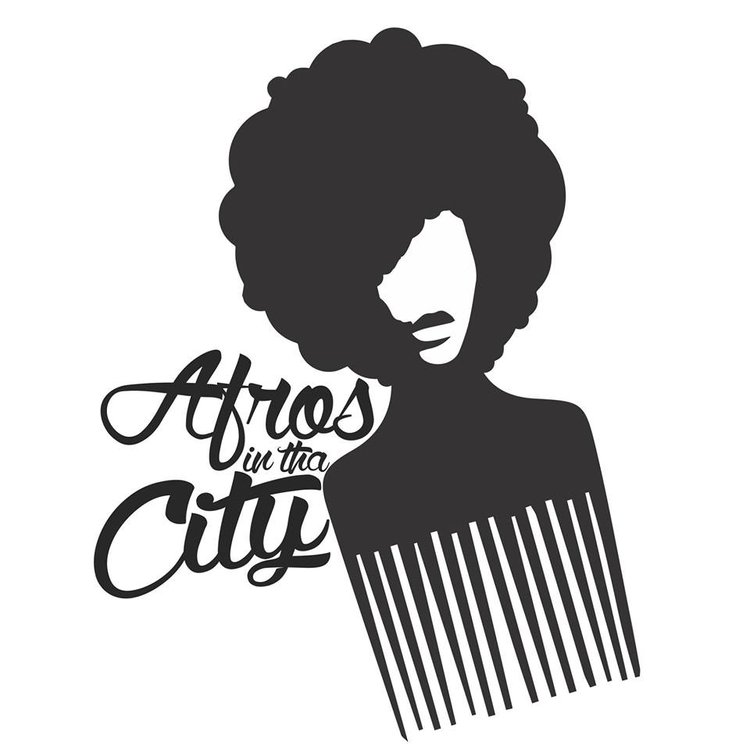Modern capitalism has direct ties to colonizing practices, and more specifically to the Atlantic Slave Trade. However, the ways in which these patterns of enslavement show up in our day-to-day lives, affecting quality of life and perpetuating socio-economic inequality, are in many ways unseen due to their strategic normalization.
Additionally, the profundity of inequality that exists at the roots of capitalism have become imperceptible to those privileged by a system shaped from bigoted ideals and also those that are the most marginalized by it. The current structured 40-hour work week is split into five 8-hour work days and leaves two days of the week, effectively the “non-business” days, which make up the weekend.
This system is designed to create an ever-churning supply-and-demand chained output of consumerist production. It is not designed with the biology, limitations and variable conditions of the human mechanism in mind.
A 40-hour workweek effectively means that the majority of a worker’s waking hours are spent doing labour for a corporate entity, and that their own personal physical and mental well-being are made secondary to what will most efficiently benefit the company and bring in the most revenue. Many of the workplace policies and systems in place have proven to be deadly, most noticeably in countries with less human rights regulations set to protect workers from abuse. Punitive measures are in place with the intention of motivating people from a place of fear.
In North America and much of Europe, white folks are most regularly in leadership positions, and there tends to be an operative lens developed from an unconscious supremacist perspective that marginalizes, exploits, and harms people of colour, and especially Black folks.
In other places like China, where communism and capitalism intertwine and where human rights violations by companies on workers are common, people are given rankings by the government based on their ability to comply with what is expected of them. Sickness and other fallacies are often not taken into consideration.
The defining factors of corporate regulation such as strict adherence to the written rule, rigid mandates that structure shift work, and a pyramid of assigned roles, are all perpetuating a system that was shaped by the process of enslaving people in order for them to be exploited for their physical labour. Regulations such as strict adherence to a shift schedule often requires early arrival to be effective, and most often do not factor in the many nuances of life that can occur when commuting from place to place.
There are many intersections of capitalism and colonization. Capitalism thrives on the idea that everyone has been afforded the same opportunities, and that hard work is the central force of ascendancy. However, this system depends on inequality to work, and demands that there be haves and have nots.
A truly equitable society is one that examines and acknowledges the needs of all people, the necessity of both equality and equity, and operates from a place of truth and reality.
